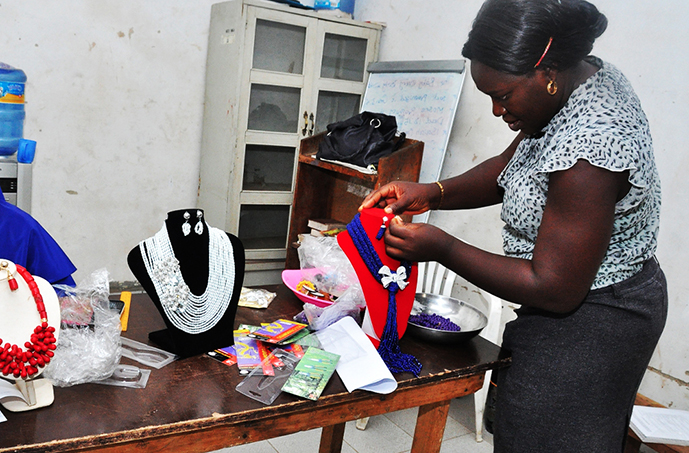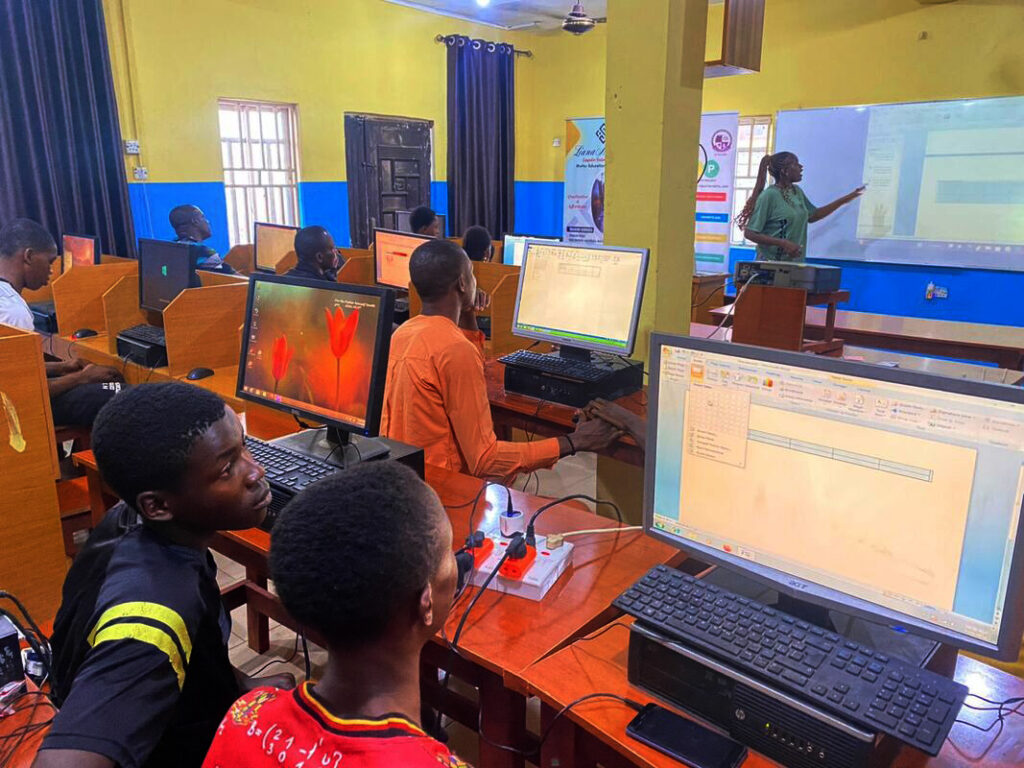Skills Training Programmes
Skills training refers to the process of developing specific abilities, competencies, and techniques required for effective performance in a particular domain or occupation. It involves targeted instruction, practice, and feedback to enhance individuals' skills and proficiency in areas such as vocational skills, technical skills, communication skills, leadership skills, problem-solving skills, and more. Skills training programs are designed to make people acquire and develop a skill, improve job performance, increase productivity, and enable individuals to meet the demands of their roles effectively. Here at Morgan Charitable Foundation, we are focused on helping people acquire and learn a skill, develop their already discovered skills for self reliance and sustainability.
How to pick a training
We advice people that to pick the right training for your needs, consider what skills you already have to start up your career/entrepreneurial journey and which skill employers are looking for all to making our subjects more employable in this global competitive economy. Employers typically look for a mix of two kinds of skills; hard and soft skills.

What is the purpose of training and development?


At Morgan Charitable Foundation, we emphasise on three main aims of training:
- Improve the individual’s level of awareness
- Increase an individual’s skill in one or more areas of expertise
- Increase an individual’s motivation to perform their job well
- Increase overall productivity and performance
Skills Development in Nigeria can include a range of initiatives and programmes aimed at improving the skills and competencies of its citizens. The main goal is to enhance the employability and productivity of individuals as well as supporting the growth of young businesses/start-ups and competitiveness of businesses and industries. One of the key elements of Morgan Charitable Foundation is to increase the participation of poor Nigerians in Nigerian economy by providing them with the skills they need to succeed in their local communities, Nationally and the world at large.
The importance of Skills Development
Skills Development is important because it promotes economic growth and social development by creating a more skilled and diverse workforce. By providing training and education opportunities to poor Nigerians, Morgan Charitable Foundation helps to level the playing field and reduce inequality in the economy. In addition, it helps to address the skills shortage that exists in many sectors of the Nigerian economy, which is a key barrier to economic growth.

How Skills Development is Implemented
Skills Development is implemented through a variety of programmes and initiatives, including skills programmes, apprenticeships, internships, and bursaries/grants, that are facilitated by the Foundation. These programmes are designed to provide individuals with the skills they need to succeed personally.
In addition to providing training and education opportunities, our skills development programmes can also involve mentorship and coaching as the case may be. This helps to ensure that individuals are able to apply the skills they have learned and are able to make progress in their chosen careers.
Therefore, skills development is an important element towards the promotion of economic growth and social development. By providing training and education opportunities to poor Nigerians with a specific focus on youth, Morgan Charitable Foundation helps to address the skills shortage that exists in many sectors of the Nigerian economy, as well as reduce inequalities between the rich and the poor.
